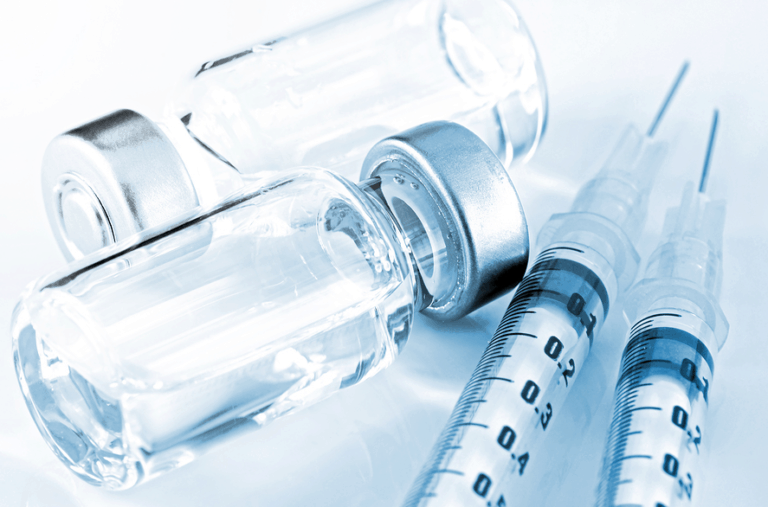How to lower PSA is something you might ask yourself if you receive the news that you have a high PSA test result. You may be concerned if your PSA (prostate-specific antigen) level is higher than average or has gone up since it was last tested.
A high PSA has several causes:
- prostate cancer
- prostatitis (inflammation of the prostate)
- benign prostatic hyperplasia (BPH)
- medications used to treat BPH
- urinary tract infections
- catheterization and recent ejaculation, which can temporarily raise PSA
- age
Most men are concerned about what causes a high PSA. Is it cancer or a something more benign? No man wants to have an abnormally high PSA count, no matter what the cause. Keep in mind that the PSA count can indicate a problem, but it is not the cause of the problem; and there are many things that can increase your PSA unrelated to prostate cancer.
How to Lower PSA Count
If you find yourself wondering how to lower PSA, here is where to start. You can start by having a healthy prostate through your lifestyle and diet. While your age and family history do factor in, it is the way you live you life that you can control and use to decrease your PSA levels. Here are 5 ways to lower your PSA.
1. Eat Less Meat and More Vegetables
Prostate enlargement is affected by hormones, and meat and dairy products can cause your body to produce more hormones that can affect prostate growth. Meat products have many unhealthy fats. Reducing meat and fat consumption may help you lose excess weight, which is associated with contributing to prostate problems and risk of prostate cancer. Eating organic vegetables is better for prostate health by reducing pesticide exposure and by increasing vitamin content.
2. Eat Tomatoes
Eating tomatoes, especially cooked can help lower PSA and reduce risk of prostate cancer. Cooking releases the lycopene, a powerful antioxidant, from the tomatoes. Pour on the ketchup and pasta sauce, because studies have shown adding tomatoes or lycopene supplements to your diet can not only lower risk for prostate cancer but lower PSA counts in men with advanced prostate cancer by 65%.
Shop lycopene supplements on Amazon
3. Exercise
Studies found that doing aerobic exercise, yoga, and meditation help lower PSA. Aerobic exercise is thought to be beneficial for lowering PSA by helping men lose weight. Weight problems contribute hormone production that can affect prostate health. Yoga and mediation lower stress. Stress also triggers hormones that are bad for prostate health. Adding these activities to your weekly routine is how to lower PSA.
4. Take Aspirin
You may already know that taking aspirin regularly can help protect you against heart problems. But research from Vanderbilt University suggests that aspirin and other non-steroidal anti-inflammatory drugs (NSAIDs) can lower PSA levels, especially among men who have prostate cancer.
5. Drink Pomegranate Juice
Research suggests that pomegranate juice may help to fight prostate cancer. The juice is rich in phytochemicals, and it has been shown to kill aggressive prostate cancer cells in studies and slow down the rate of PSA doubling.
Making these changes to your lifestyle are just some of the ways you can learn how to lower PSA and there are also many things to avoid before having a PSA test so as to get a valid result. Talk to your doctor about your family history of prostate cancer, and educate yourself on the benefits and harms of PSA screening and other tests that you might undergo as a result of your high PSA. Keep in mind that while a high PSA can indicate prostate cancer, many times it is caused by a different benign condition.
See also: 10 Ways To Lower Your PSA
Reference for “How to Lower PSA Count”:
“Pomegranate Juice for PSA-only Prostate Cancer Recurrence” Phase III Randomized Study of Pomegranate Juice in Patients With Rising Prostate-Specific Antigen Levels After Surgery or Radiotherapy for Localized Prostate Cancer trial. 2010.







